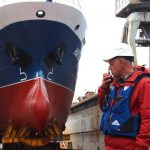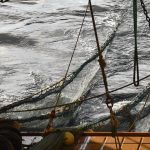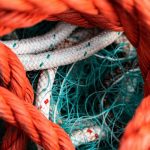Every one expect that October Council meeting will be the first real test of the Member States’ commitment to prioritising long-term sustainability for fish stocks in this period of preparation for the reform of the Common Fisheries Policy. The meeting will strongly deal with next year’s catch quotas in the Baltic Sea and tuna management.
European Commissioner of Fisheries Damanaki has made it clear that she wants to see an end to “haggling” over TACs, and that in the future scientific advice – in the case of the Baltic Sea from the International Council for the Exploration of the Sea (ICES) – should be followed with no compromises.
It is expected that some Member States will challenge this position when next year’s fishing limits are up for decision in the Council in October (Baltic Sea), November (Black Sea TACs) and in December (North Sea and deep-sea fisheries), and push for limits above those recommended by the scientists.
On the contrary the NGOs and other opponents point out, exactly what has lead to 72 percent of all assessed fish stocks in EU waters being overfished, threatening the long-term viability of the fishing sector, as well. Estonia and Latvia expressed their dissatisfaction with the Commission line asking the Commission to report on the recent agreement on management measures at the annual meeting in Canada of the Northwest
Atlantic Fisheries Organisation (NAFO).
Other fisheries issues to be up for discussions at the October meeting in Luxembourg will be guidelines for the upcoming annual consultations between the Union and Norway, and the EU negotiating mandate on tuna management under the International Commission for the Conservation of Atlantic Tunas (ICCAT).








